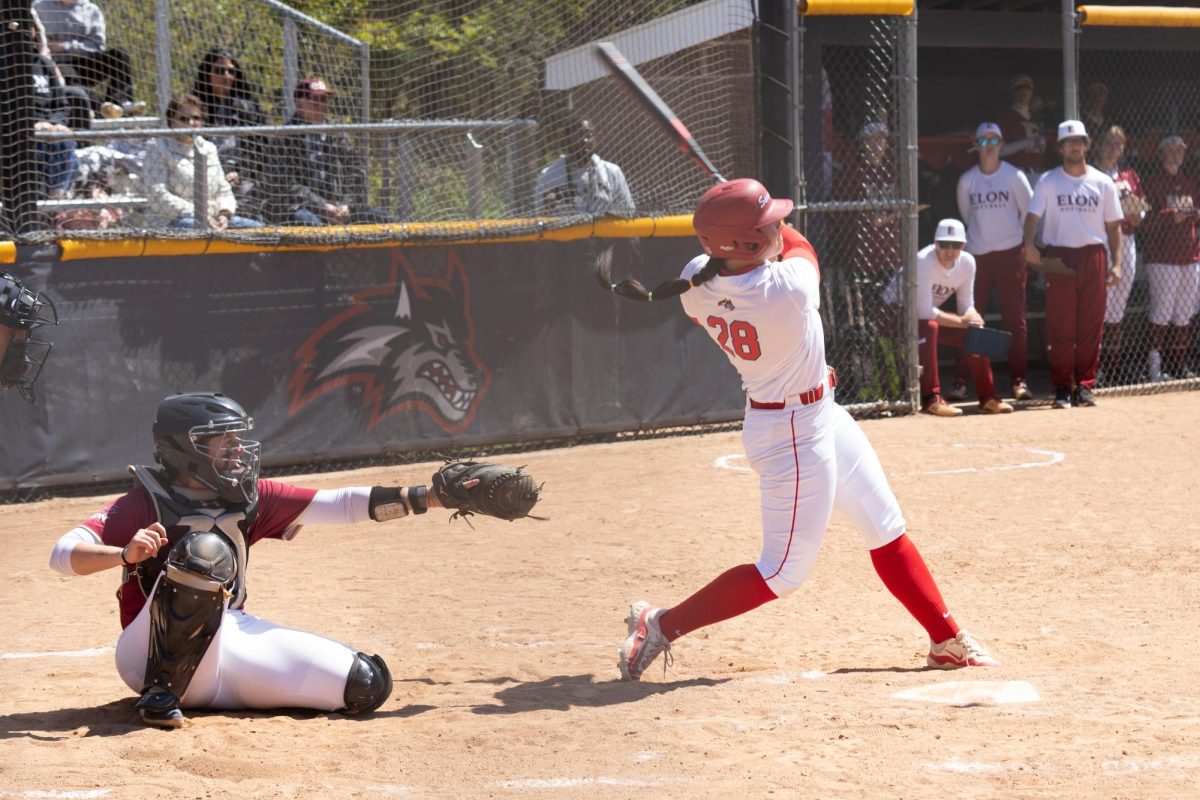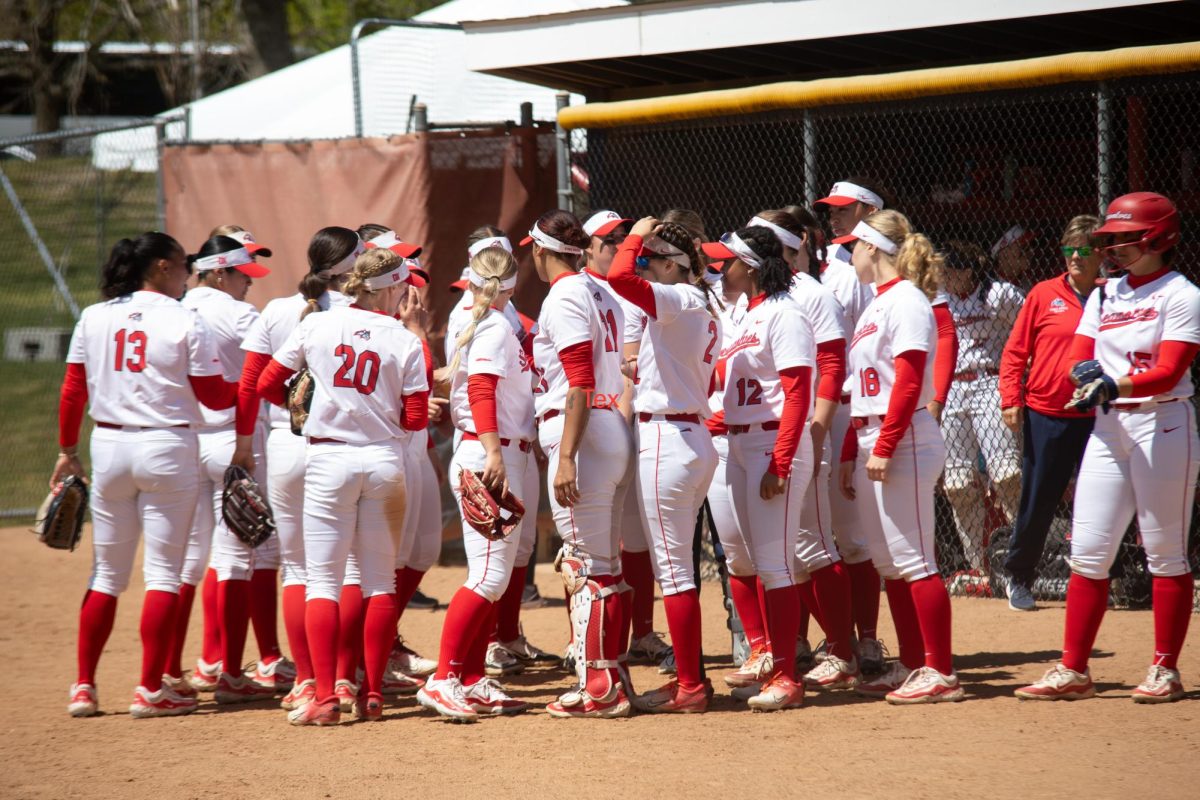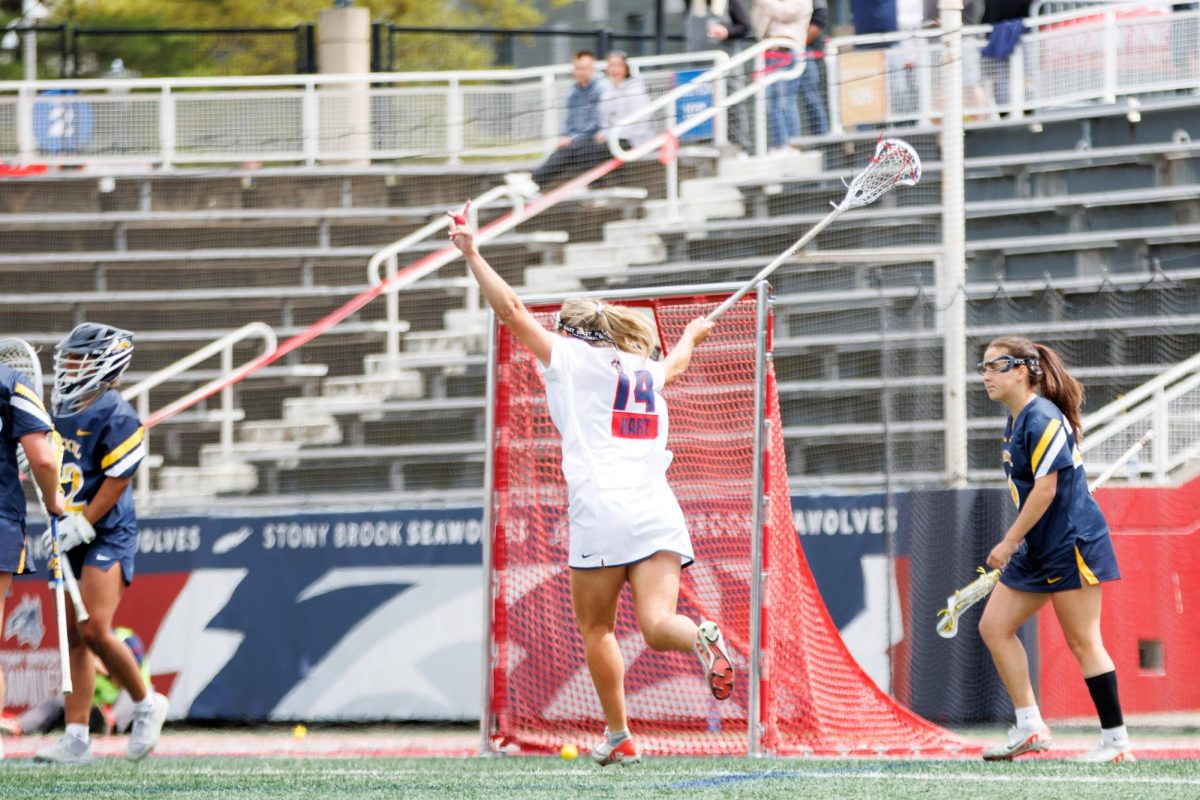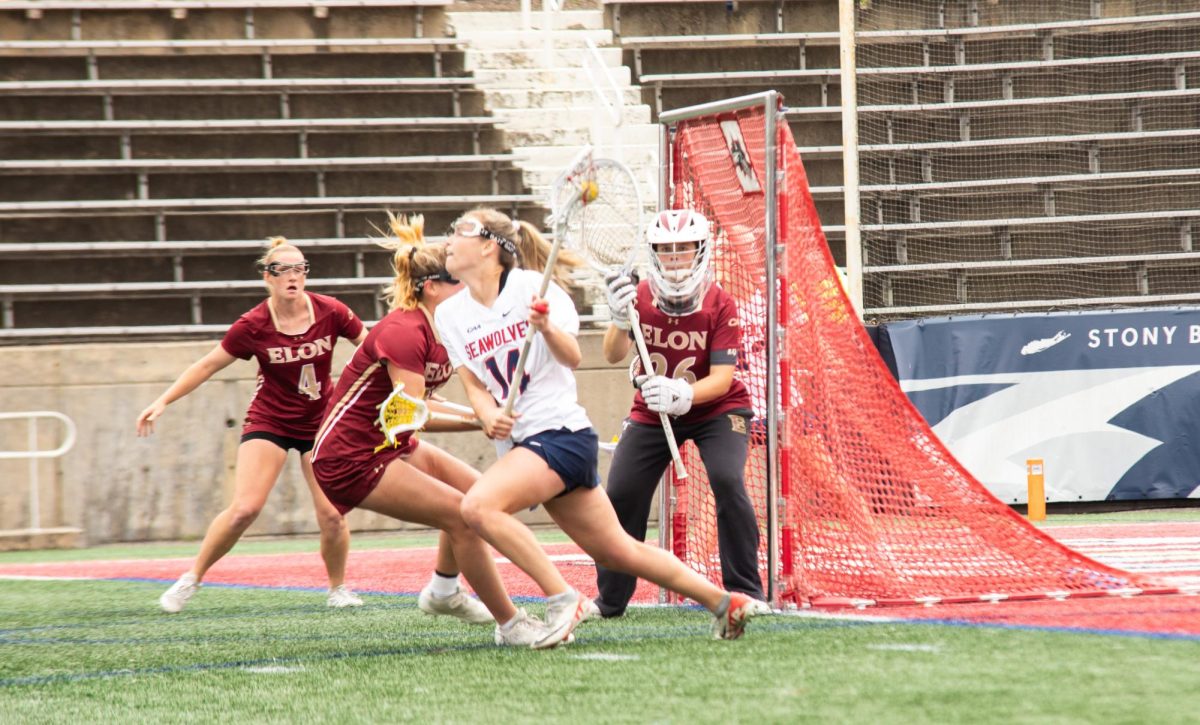Did you know that becoming an organ donor takes less than two minutes? Professor Scott Smolka does. And so do his students in his LDS102 course on organ donation.
It was this class that marched around Stony Brook University last Wednesday, in their sixth annual Donate for Life Walk around campus.
Students of Smolka and other student volunteers wore their “Change 4 Life” shirts, marched around campus and handed out donor registry enrollment forms.
It was a student-fueled attempt to recruit more donors in response to a fast-growing need for kidneys, eyes, hearts and tissues.
“There are 113,000 people that are on the waiting list for an organ each year,” said Smolka, who was a heart recipient eight years ago. “Twenty-eight people die every day because of the organ shortage.”
The walk was a joint effort of Smolka’s class, the New York Organ Donor Network and the newly reinstated Organ Donor Awareness Club (ODAC) at SBU.
ODAC had already been established with the Undergraduate Student Government before it was disbanded due to a lack of student participation, according to club president Seth Kimble. And now, it has been reestablished to spread donation awareness across campus again.
Misconceptions and ignorance are the biggest obstacles to solving the donor shortage, and the Donate for Life Walk was a means to combat them.
Cassandra Pineda, a representative from the New York Organ Donor Network, explains that most religions consider organ donation a good deed.
The only exception is the Japanese Shinto religion, which considers organs donated from a corpse unpure. But for all other religions, she said, organ donation should not pose as an unethical practice.
Despite that, the walk didn’t prove very popular with the student body. While Kimble notes that many students have, indeed, signed up to be New York State organ donors, the walk’s verbal feedback was less than positive.
“I’d like to keep both my kidneys, thanks,” said a passing student, when asked if she would like to be an organ donor.
The ODAC’s e-board attributes such negative responses to misconceptions on organ donation, one of which was a doctor’s supposed likelihood to prematurely end a donor’s life for their organs.
But according to ODAC Vice President Cooper Swenson, “doctors don’t know if you’re an organ donor or not. They take an oath to save all lives. So yeah, that’s a misconception.”
The ODAC also employs Jaicy Kim, Carolina Martinez, and Leora Youssefzadeh as its secretary, treasurer and events coordinator, respectively.
With Kimble and Swenson, they comprise of an all-freshman e-board for the club. All e-board members are also organ donors of their home state.
For Kimble, it is the apathetic behavior of viable donors that drives his efforts into spreading awareness to their fellow students.
“We’ve asked people if they were willing to donate organs, and they said no,” Kimble said. “Then we asked them, if they needed an organ, would they take one? And they said yes. That’s hypocrisy.”
But for Kim, it is the need to be involved that drives her efforts in both Smolka’s LDS course and in her role in ODAC.
“It’s not just an easy A,” Kim said. “It’s being informed, and it’s being involved.”
“Bottom line?” she said. “Donate.”












